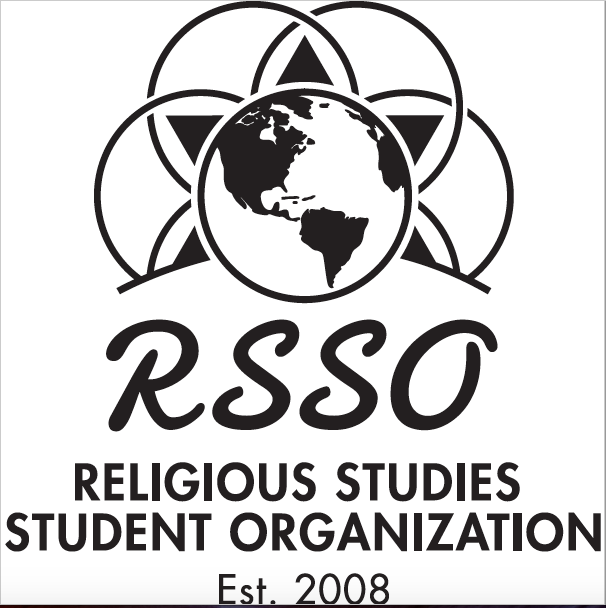Moderator
Dr. J. David Hoeveler
Location
University of Wisconsin-Milwaukee
Start Date
6-4-2013 2:00 PM
End Date
6-4-2013 3:15 PM
Abstract
The search for the historical Jesus began with the modern historians: the men of the twentieth century, the scientists of the industrial revolution, and the authors of our text books. Their noble quest was to find empirical truth: pure, objective history. It has been a seemingly infinite search: each foundational fact exposes a crack in another. As students, we are often asked to “be” the modern historians: to read what they wrote and think what they thought and struggle as they struggled. But in learning about Jesus it seems that we (and our modernist forefathers) aren't exactly sure what we should be looking for: history or truth? This fundamental question keeps us running in circles, never allowing us to actually find the man whose truth changed the world. As students in the post-modern era it is our time to redefine how to study history. While this task may seem daunting, we have the benefit of learning from our pre-modern and modern predecessors, and our biggest lesson should be that we can't limit ourselves to either objective truth or subjective truth: history only exists on the line in between the two. The true Jesus finally has a chance of being discovered, and through him, we have a chance of discovering the truth. Clearly, the search for the historical Jesus begins at the distinction between history and truth.
Included in
The Truth in History
University of Wisconsin-Milwaukee
The search for the historical Jesus began with the modern historians: the men of the twentieth century, the scientists of the industrial revolution, and the authors of our text books. Their noble quest was to find empirical truth: pure, objective history. It has been a seemingly infinite search: each foundational fact exposes a crack in another. As students, we are often asked to “be” the modern historians: to read what they wrote and think what they thought and struggle as they struggled. But in learning about Jesus it seems that we (and our modernist forefathers) aren't exactly sure what we should be looking for: history or truth? This fundamental question keeps us running in circles, never allowing us to actually find the man whose truth changed the world. As students in the post-modern era it is our time to redefine how to study history. While this task may seem daunting, we have the benefit of learning from our pre-modern and modern predecessors, and our biggest lesson should be that we can't limit ourselves to either objective truth or subjective truth: history only exists on the line in between the two. The true Jesus finally has a chance of being discovered, and through him, we have a chance of discovering the truth. Clearly, the search for the historical Jesus begins at the distinction between history and truth.

